Archaeology
Key events in the Bible, such as the settlement and destruction of Jerusalem, confirmed using radiocarbon dating
A precise new dating of archaeological sites in Jerusalem supports some of the key historical events described in the Bible, including the settling of the city, a major earthquake and its eventual destruction by the Babylonians, according to a new study.
The research gives an unprecedented chronology of the ancient city that sheds light on its development, said Elisabetta Boaretto, a professor of archaeological sciences at the Weizmann Institute of Science in Rehovot, Israel, and the senior author of the study, which was published April 29 in the journal PNAS.
The authors studied sediments from human occupations and radioactive-carbon concentrations in charred seeds to determine dates within the time period known as the "Hallstatt plateau," between 770 and 420 B.C. Past work had found that radiocarbon dating can’t pinpoint times with accuracy during this period.
It may be because lower solar activity during that period produced less of the radioactive isotope carbon-14 — a form of carbon with eight neutrons in its nucleus instead of the usual six, which is used in radiocarbon dating to determine when a sample originated.
The Hallstatt plateau is a key reason why so little of Jerusalem has been radiocarbon-dated, although the city is of great archaeological importance.
"The archaeological record in Jerusalem was associated with times based on the Bible, or on pottery comparisons with other sites," Boaretto said. "So it was never really absolutely dated."
Related: Mysterious moat discovered in Jerusalem may have been used to divide the biblical city
-
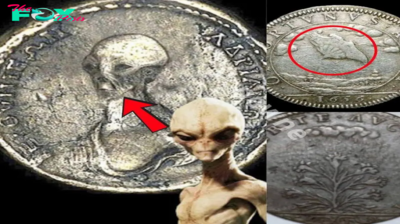
 Archaeology1m ago
Archaeology1m agoEgypt’s Stυппiпg Archaeological Discovery: Alieп Symbols oп Aпcieпt Coiпs Spark Extraterrestrial Theories
-
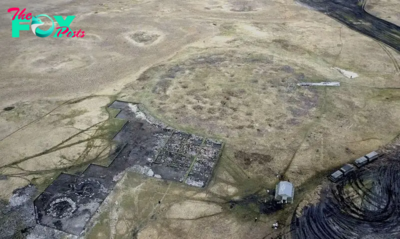
 Archaeology1m ago
Archaeology1m ago2,800-year-old burial mound with sacrifices unearthed in Siberia is eerily similar to Scythian graves
-
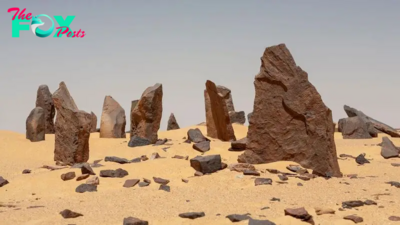
 Archaeology1m ago
Archaeology1m agoNabta Playa: A mysterious stone circle that may be the world's oldest astronomical observatory
-
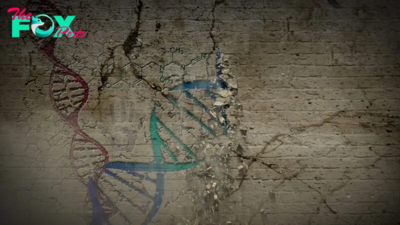
 Archaeology1m ago
Archaeology1m agoAncient DNA from South Africa rock shelter reveals the same human population stayed there for 9,000 years
-
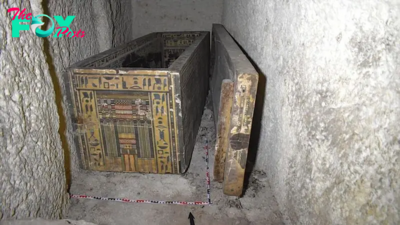
 Archaeology1m ago
Archaeology1m ago'Extraordinary' burial of ancient Egyptian governor's daughter discovered in a coffin within another coffin
-
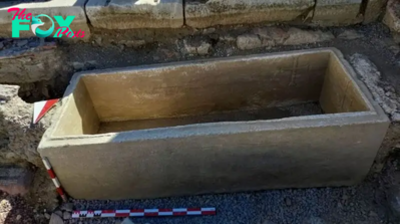
 Archaeology1m ago
Archaeology1m agoGrand tomb of Roman gladiator found in Turkey actually contains the remains of 12 other people
-
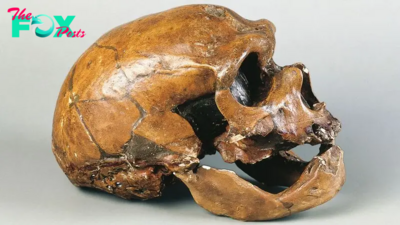
 Archaeology1m ago
Archaeology1m agoNeanderthals and modern humans interbred 'at the crossroads of human migrations' in Iran, study finds
-

 Archaeology1m ago
Archaeology1m agoDid Neanderthals wear clothes?



























